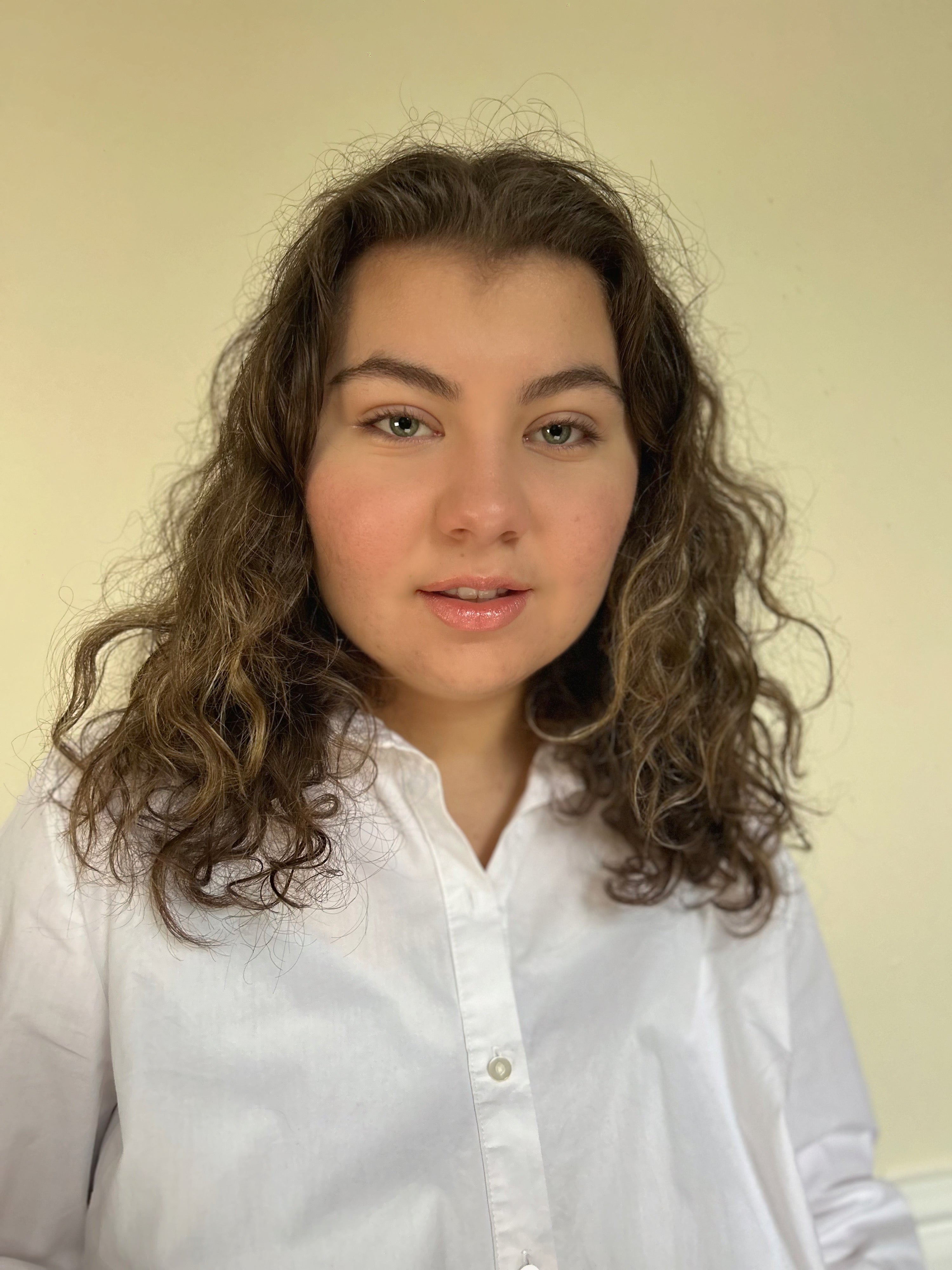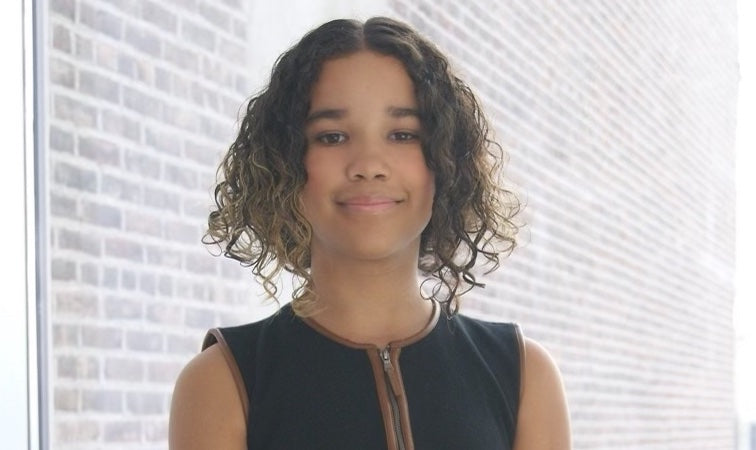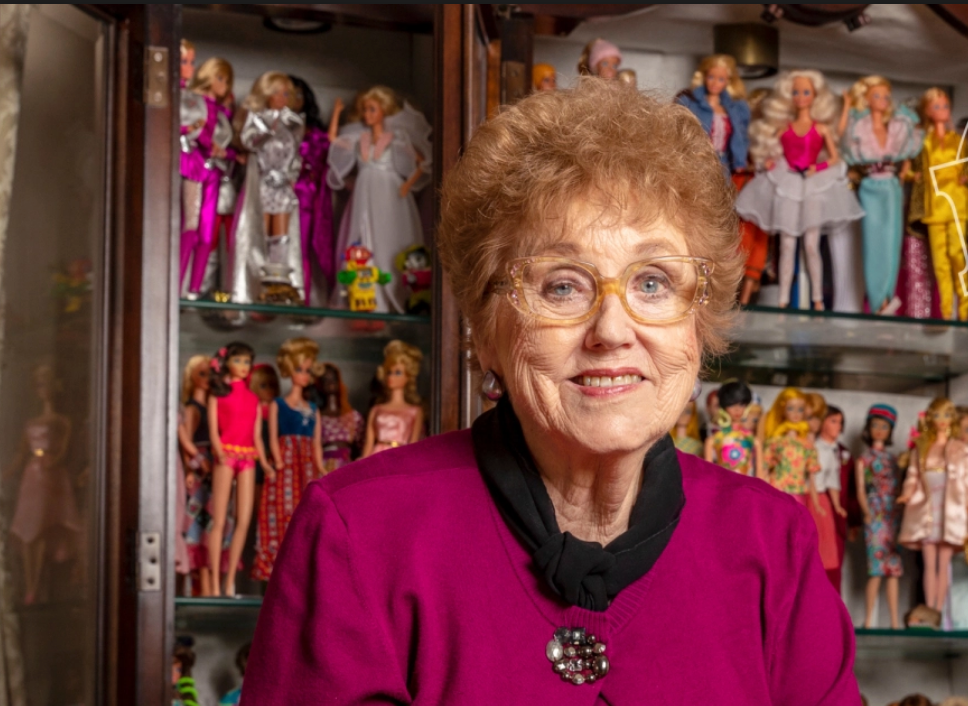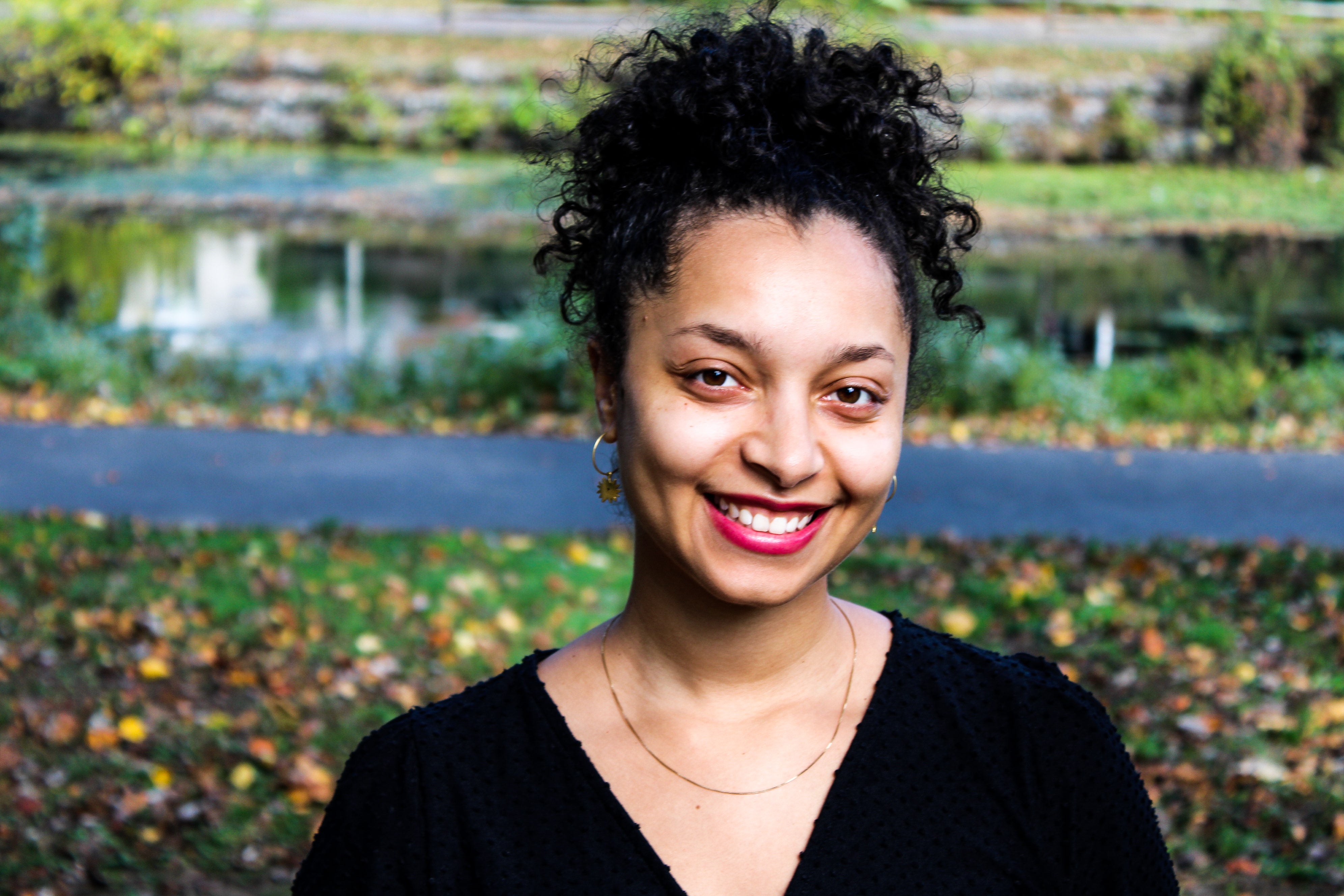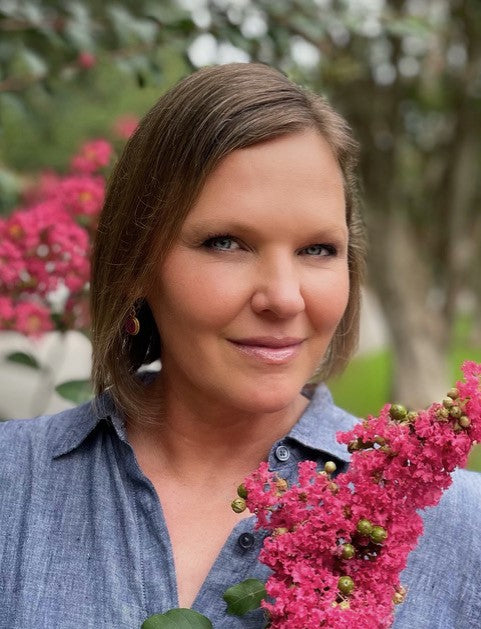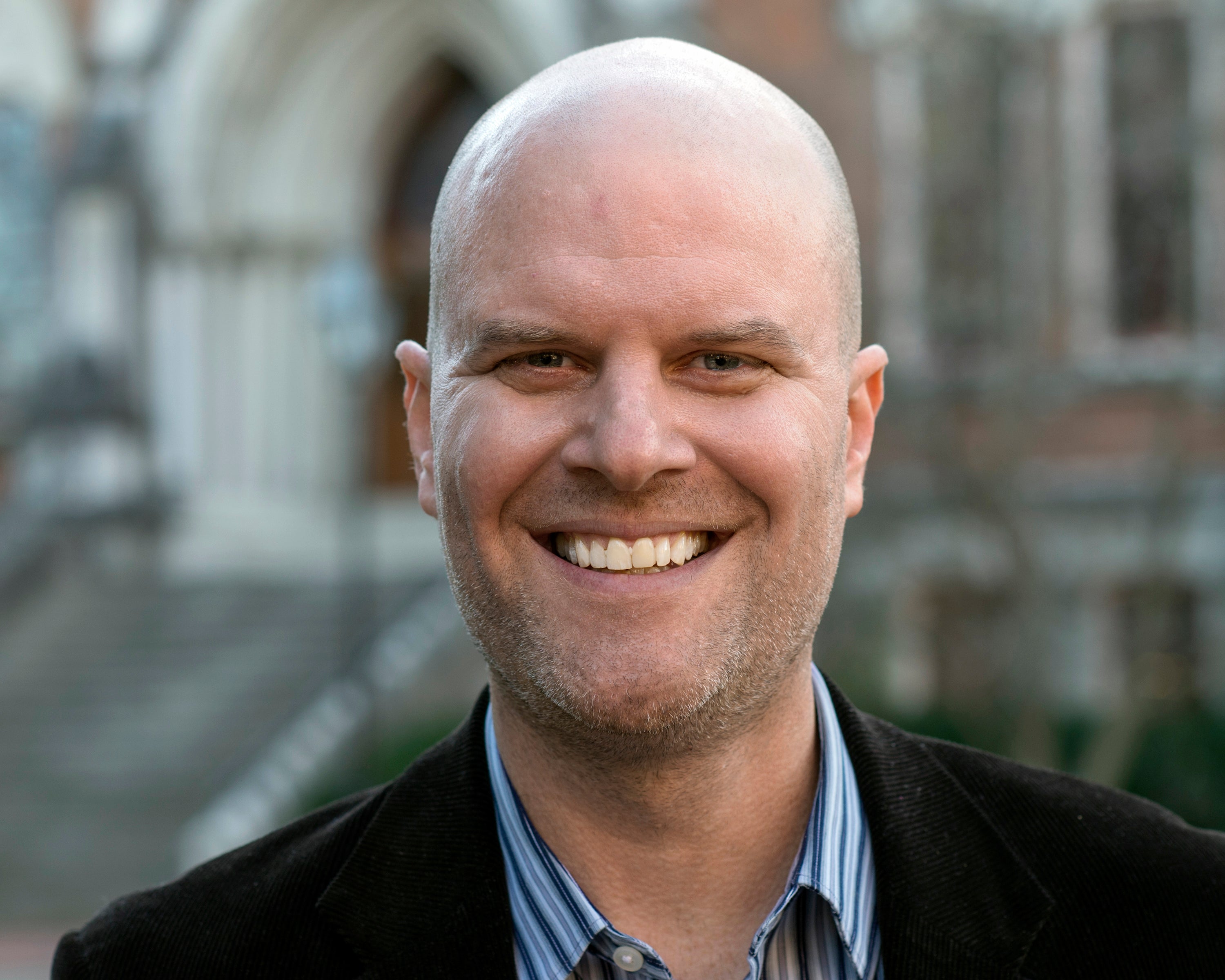Book: The Green New Deal and Beyond: Ending the Climate Emergency While We Still Can

Author: Stan Cox
Author Bio:
"Before joining the Land Institute in Salina, Kansas, as senior scientist in 2000, Stan Cox worked as a U.S. Department of Agriculture geneticist for thirteen years. His environmental writing has been widely published. He is the author of "The Green New Deal and Beyond: Ending the Climate Emergency While We Still Can."
1. In your opinion, what is the best way for the global society to affect climate change?
I argue in the book that although there are many actions that nations can take individually and collectively, the most urgent need in the United States is to legislate leakproof caps on the numbers of barrels of oil, cubic feet of natural gas, and tons of coal that can come out of the Earth and into the economy each year.
The cap must lower quickly year by year until fossil-fuel burning is extinguished completely. According to the world scientific community, that must be within the next 10 to 15 years. Many other things have to be done, but if this action is not taken, all of the other climate efforts will be in vain.
2. What do you say to individuals that believe global warming is a hoax?
Thankfully, the ranks of absolute climate deniers are thinning fast. I am more concerned now about “soft climate denial,” in which people acknowledge that dangerous greenhouse warming is real but advocate only politically safe half-measures to address the problem. That is the readership that I had in mind when writing this book.
3. Please share with us a little bit more about The Green New Deal. What are its benefits and its strengths?
The “New Deal” part of the Green New Deal has some good aspects: economic safety nets, health care guarantees, economic and racial justice. Those are even more timely now, as we deal with a pandemic, economic collapse, and the persistence of racial injustice.
4. Do you see any shortcomings or areas that need improvement within the legislation?
The Green New Deal exists so far not as a plan but only as a vision, in the form of a joint Congressional resolution submitted but not passed last year, and in public statements of people and organizations who are working to design the Deal.
The joint resolution addresses greenhouse emissions in only three places, where it calls for reducing emissions in agriculture, transportation, manufacturing “as much as is technologically feasible.” There is nothing about the necessary elimination of emissions.
The implicit message is, “Let’s see how far technology, a big industrial initiative, and the market can take us toward climate security.” That will not come close to taking us far enough. The Green New Deal lacks what we need most: a direct mechanism to drive fossil fuels out of society by a strict deadline.
Instead, there is a built-in assumption that a big buildup of wind and solar electric capacity, by itself, will inevitably chase fossil fuels out of the market. History and research show that such displacement never happens, that new sources of energy mostly add to the total energy supply and don’t fully or even largely replace existing sources.
5. Not to be overly ominous, however, if the world continues on with its current carbon footprint outputs, from your research, how much time would you say we’d have left until the final tipping point?
The world’s experts, including the scientists of the Intergovernmental Panel on Climate Change and the United Nations, are warning that emissions have to be eliminated within the next approximately 15 to 25 years. If that doesn’t happen, we could inevitably pass climatic tipping points that will push the warming onto an irreversible path.
6. What is something you want the readers of “The Green New Deal and Beyond” to take away?
The book’s key message is that for the duration of our transition from fossil fuels to non-fossil energy sources (a transition that must start ASAP), we are going to be living with a declining energy supply and that we will never return to our current profligate levels of consumption.
To say we can never have this much energy again may sound like a bad thing, but it’s not. Easy access to seemingly limitless supplies of concentrated energy in the form of fossil fuels has allowed societies to become more and more efficient in the exploitation and destruction of humans and nature. A U.S. society running on a tightly limited supply of energy, equitably shared, could be a far better society than what we have now.
Importantly, to achieve that better society in a limited-energy context, it will be necessary, through a democratic, inclusive process, to develop a system for equitable rationing of energy and probably other resources.
The nation must guarantee every single household, regardless of income, access to its fair share of essential goods and services. And it must prevent excess consumption by the affluent. Jobs guarantees, living wages, universal, single-payer health care, and “universal basic services”—which would ensure access to essential goods and services regardless of income—will all be needed.
7. What was your writing process like for this book?
I have never written this fast in my life. In April last year, an unexpected opportunity arose to do this book with City Lights, and I started doing the research and writing in May. Because the Green New Deal was already making its way through the political process and was expected to be a big issue during the campaign season, it was essential for the book to be in the Spring 2020 catalog; fall would be too late.
So I had to start the book in May last year and complete a draft by September. That itself was a short deadline, but time was even tighter than that. I have a full-time job that runs March through November each year, and because it’s in agricultural research, summer is the busiest season.
So I had basically four and a half months of early mornings and weekends in which to research and write the book. So for this book, my writing process was guided, I’d say, by desperation!
8. Do you plan on writing more books in the future?
Yes, but I don’t know exactly what I’ll write about next!
Places To Find More From This Author:
Twitter: @coxstan
Website: http://www.citylights.com/book
Get Your Copy of The Green New Deal and Beyond Today!


